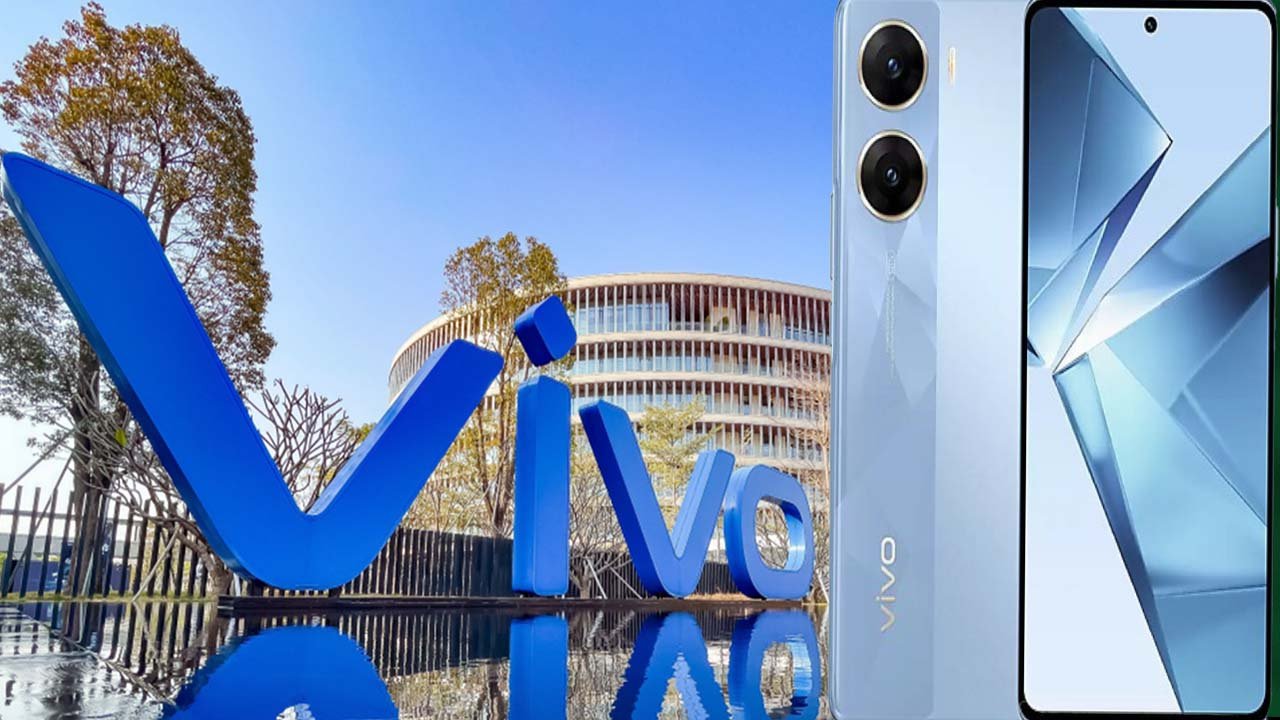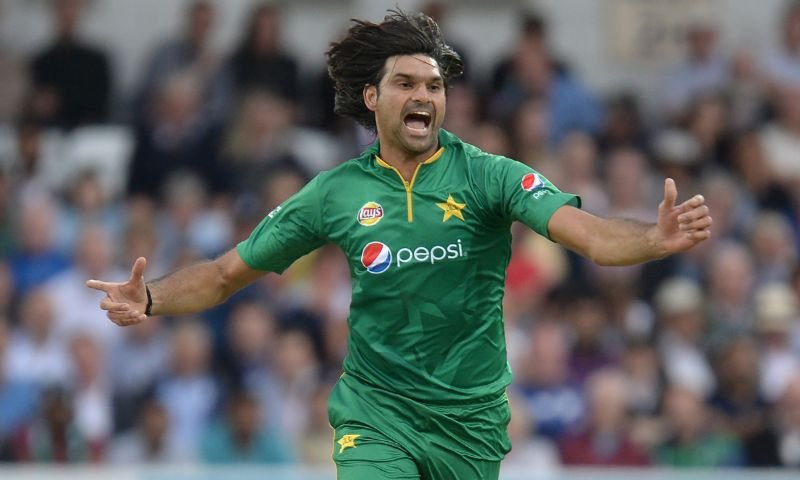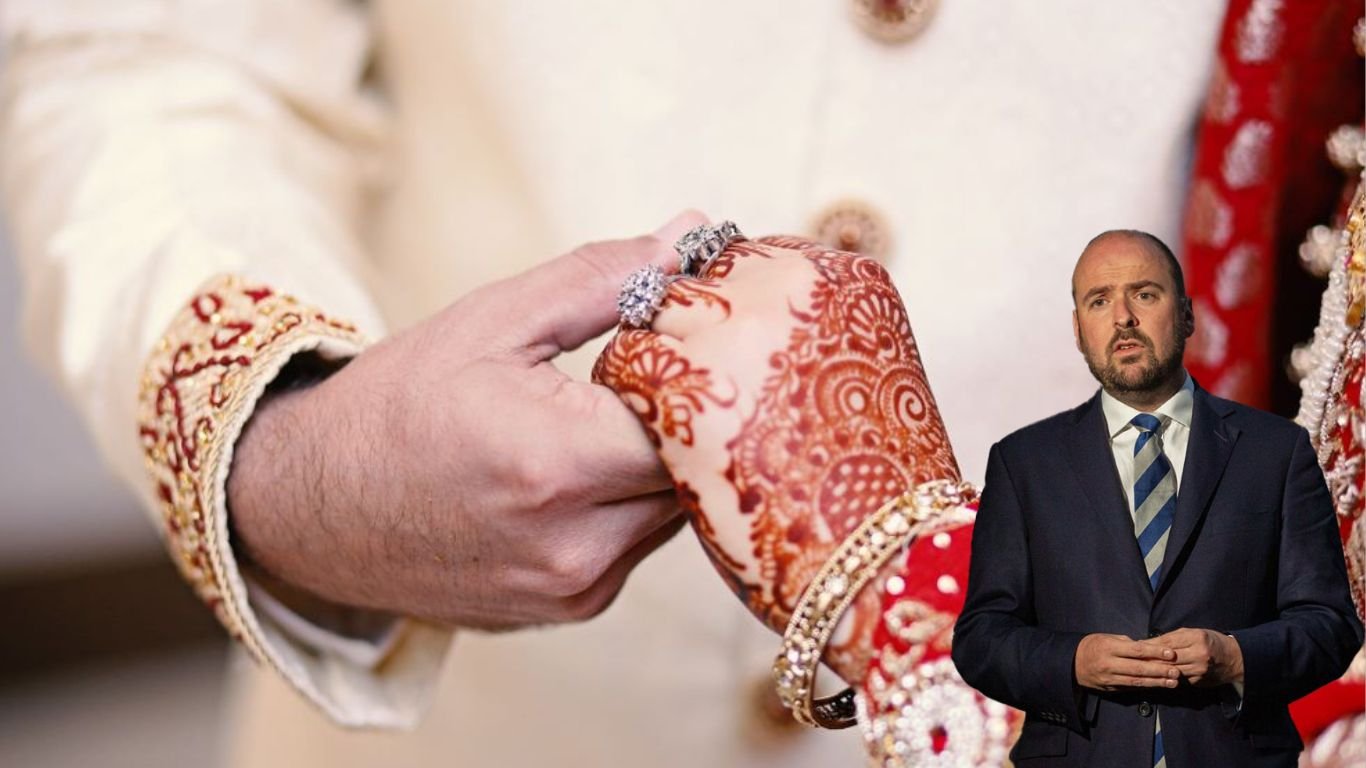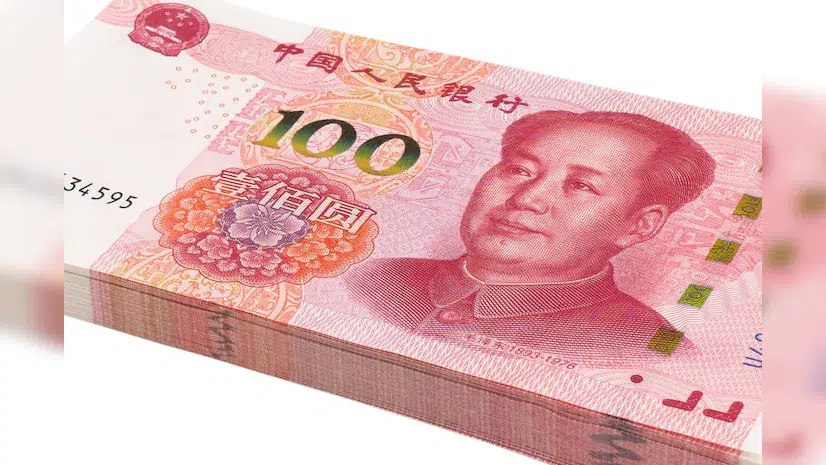Ratan Tata, the former chairman of India’s Tata Group, who transformed the sprawling conglomerate into a global player through high-profile acquisitions, has died at the age of 86, the Tata Group announced late on Wednesday.
Tata, who led the conglomerate for over two decades, had been receiving intensive care at a hospital in Mumbai, according to two sources familiar with his medical situation.
A graduate of Cornell University with a degree in architecture, Tata began his career in 1962 within the group founded by his great-grandfather. He worked across various Tata companies, including Tata Motors and Tata Steel, before making his mark by revitalizing struggling units like National Radio & Electronics Company.
In 1991, Tata took over as chairman from his uncle, JRD Tata, just as India began its economic liberalization. He sought to modernize the group by enforcing retirement ages, promoting younger leaders, and consolidating control over the conglomerate’s diverse businesses.
Under his leadership, Tata founded Tata Teleservices in 1996 and took Tata Consultancy Services public in 2004. He also spearheaded the group’s expansion overseas, including the landmark $432 million acquisition of British tea brand Tetley in 2000, and the $13 billion purchase of Anglo-Dutch steelmaker Corus in 2007—at the time the largest foreign acquisition by an Indian company.
Read more: Israel says it has killed slain Hezbollah leader’s successors
In 2008, Tata Motors acquired Jaguar and Land Rover from Ford Motor Co. for $2.3 billion, further cementing the group’s global footprint. Tata’s vision also led to the development of the Indica, India’s first domestically designed car, and the Nano, marketed as the world’s cheapest car, although the latter faced setbacks and was eventually discontinued.
Despite his achievements, Tata’s tenure was not without controversy, particularly the public dispute over the ousting of his successor, Cyrus Mistry, from Tata Sons in 2016. Mistry accused Tata of interfering in company affairs, while the group defended its decision, citing underperformance under Mistry’s leadership.
In his later years, Tata became a significant investor in Indian startups, supporting ventures like digital payments platform Paytm, electric vehicle company Ola Electric, and Urban Company, a home services provider.
A private individual who never married, Tata was known for his modest lifestyle and philanthropic work. Approximately two-thirds of the shares in Tata Sons, the holding company of the group, are controlled by charitable trusts.
Ratan Tata was awarded India’s second-highest civilian honor, the Padma Vibhushan, in 2008 for his services to trade and industry.
















